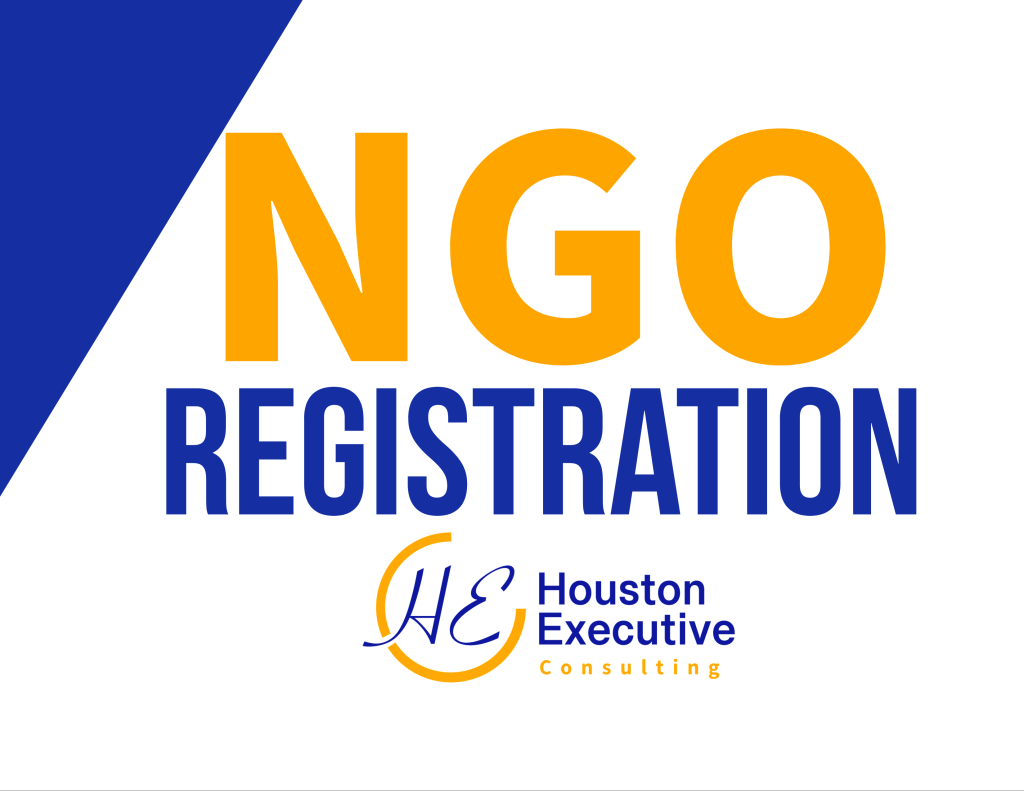A Guide to Collective Bargaining and Labour Relations for Employers in Uganda
This article aims to assist employers in effectively engaging in collective bargaining with trade and labor unions at all levels. It contains valuable information for improving negotiation skills and promoting win-win outcomes. Additionally, scholars and students can find useful information on collective bargaining, including an introduction and background, understanding of the process, types of bargaining, legal framework, and the various levels of bargaining in Uganda.
What is Collective Bargaining?
Collective bargaining is a negotiation process between employers and a group of employees to agree on working salaries, and regulate working conditions, benefits, and other aspects of workers’ compensation and rights.
In Uganda, collective bargaining began in the 1950s with the establishment of the trade union movement. Consequently, the Federation of Uganda Employers was established in 1958 to represent employers in matters relating to collective bargaining.
Collective bargaining occurs at either the sectoral, industrial, or enterprise level, allowing workers to choose representatives to negotiate on their behalf. This process allows both employers and employees to come to a mutual agreement on issues such as wages, bonuses, working hours, and other employment terms.
Collective bargaining has the potential to improve working conditions, promote equality, increase employee engagement and satisfaction, and create harmony in the workplace, all of which can enhance employee performance. The purpose of this article is to provide employers with practical information on how to prepare for and successfully engage in collective bargaining with trade or labor unions.
Brief Background
The 18th century saw the rise of manufacturing industries and a subsequent demand for labor. Unfortunately, these industries were owned by capitalists who exploited workers by paying them less and making them work longer hours in hazardous conditions. Employers showed little concern for the welfare of workers, resulting in strikes, pickets, lockouts, and sit-ins, with employees losing their jobs and manufacturing establishments being destroyed.
To address this issue, workers came together to form workplace workers’ associations to collectively voice their concerns and demand better working conditions. These associations evolved into trade unions in the 19th century, catering to employees’ interests at enterprise and industry levels. Trade unions allowed employees to present their grievances to management, and failure to find a solution would lead to strikes, lockouts, pickets, and sit-ins.
Today, trade unions have evolved into labor unions, which focus more on achieving employees’ interests while maintaining industrial peace and harmony. Industrial relations have replaced strikes, pickets, lockouts, and sit-ins, where employers and employees sit together to resolve mutual concerns.
Collective bargaining is now a common practice in modern employment relations, where employees and employers negotiate to achieve mutual gains. Best practices for collective bargaining can ensure that both employers and workers have an equal voice in negotiations and that the outcome is fair and equitable.
Freedom of association allows workers and employers to negotiate employee relations effectively. Countries with highly-coordinated collective bargaining tend to have less inequality in wages, lower unemployment, and fewer strikes than countries where collective bargaining is less established.
Therefore, all countries should strive to have good collective bargaining practices to promote industrial harmony and ensure good labor relations that benefit everyone.
What Is the Collective Bargaining Situation in Uganda?
Uganda is a member state of the International Labour Organization and recognizes collective bargaining as a fundamental right. This is reflected in the ILO Constitution and the 1998 ILO Declaration on Fundamental Principles and Rights at Work.
Collective bargaining is a vital mechanism for employers, their organizations, and trade unions to establish fair wages and working conditions. It serves as a strong foundation for sound labour relations, primarily regarding wages, working time, training, occupational health and safety, and equal treatment.
The negotiation process aims to reach a collective agreement that regulates terms and conditions of employment. These agreements address the rights and responsibilities of the parties involved, promoting harmonious and productive industries and workplaces. They are a key means through which the tripartite parties can reach collective bargaining and collective agreements, which reduce inequality and extend labour protection.
The government of Uganda is committed to collective bargaining and agreements, addressing labour issues such as wages, working time, and working conditions. This process allows employers and workers to outline their respective rights and responsibilities.
The government has shown its commitment to collective bargaining by signing the tripartite charter with social partners, including the Federation of Uganda Employers, the National Organization of Trade Unions (NOTU), and the Central Organization of Free Trade Unions (COFTU). The Charter sets out the principles for social dialogue and tripartism in Uganda.
Trade Unions or Labour Union
Trade unions are democratic organizations that allow members to elect their leaders who advocate for their best interests. Workers join unions to negotiate for fair wages, benefits, and safer working conditions.
Trade unions face challenges but have attempted to organize and represent underrepresented groups of workers, like informal economy workers. Unfortunately, the COVID-19 pandemic left when it had exposed shortcomings in trade unions worldwide, including in Uganda.
Many workers feel that trade unions did not do enough to provide job security and social protection during these challenging times. Trade unions in Uganda were unable to provide timely legal advice, emergency funds, or awareness-raising campaigns during the pandemic, leaving the future of trade unions uncertain. Potential members still question their ability to effectively represent workers.
Strategies for Trade Unions to Revitalize Their Relevance
- Cater for the gig economy by Organizing and servicing new members such as young workers or workers in the informal sector.
- Working collectively in all the sectors of the economy so that workers can notice the importance of speaking and acting as one at national, regional and global levels.
- Establishing the leadership that isn’t easy to compromise. This can be done through a transparent set of rules that governs the mandate, management, elections and activities of trade unions in Uganda.
- Strengthening effective and inclusive social dialogue among the social partners on the issues of today and tomorrow.
The Collective Bargaining Process
Negotiation plays a key role in collective bargaining, where the terms and conditions of employment are mutually agreed upon by both parties. Employers must possess exceptional negotiation skills to achieve a win-win outcome with their employees.
In order to initiate collective bargaining, employees must first become members of a labor union, agree to follow its rules, and elect representatives. Trade unions exist to organize and support workers, and to speak with a unified voice during social dialogue.
The union leaders gather input from employees to create a proposal that outlines their demands to the employer. This proposal serves as a starting point for negotiations.
Issues of Negotiation
Union members work together to negotiate and enforce a contract with management that guarantees the things you care about like decent raises, affordable health care, job security, and a stable schedule. The most common issues for collective bargaining include;
- Higher Wages Per Week
- Better Benefits
- Provided Pensions and Health Insurance
- Safer Workplace
- Safe Working Conditions That Prevent Death, Illness and Injury
- Voice On the Job
- Better Workplaces and Working Conditions Without the Fear of Retaliation
The Collective Bargaining Teams
Collective bargaining involves trade union representatives, who are typically office bearers, negotiating with management representatives such as the finance manager, production manager, and human resource manager.
The presence of the CEO is not always necessary, and the number of representatives from each party does not need to be equal. The most critical factors are the quality of ideas presented and the preparation made by both sides.
Presentation of Demands
The leader of a trade union delegation can present a charter of demands related to employment terms, such as pay, benefits, work hours, leave, job safety policies, ways to balance work and family, and other concerns. This begins the negotiation process. Typically, there are two negotiation procedures that a team may use after presenting the workers’ demands.
- Piecemeal negotiation – In this process the issues taken one by one
- Total approach – In this process all the issues are negotiated considering total effect
The process and authority during negotiations should be clearly spelt out by the management. This brings clarity and a systematic approach to the collective bargaining process.
Preparation of Collective Bargaining Agreement (CBA)
After the collective bargaining process, a collective bargaining agreement is often signed. This agreement is put in writing once all bargaining issues are resolved.
The employer and union representatives commit to improving and strengthening the company’s labor relations by renegotiating the agreement at the company level. Both parties must sign the agreement and inform all their members.
The management is responsible for transparently reporting the company’s financial charts and reports to the workers’ representatives.
This allows them to review and judge the company’s capability for themselves. Additionally, the management must ensure that the agreement is in compliance with existing labor laws and regulations.
Ratifying the Agreement
A collective bargaining agreement is a useful method for safeguarding the rights and responsibilities of both workers and employers. This agreement is mutually ratified by both parties and once ratified, any differences or conflicts are resolved, bringing an end to negotiations. For the negotiation to be accepted, all involved parties must agree to and sign the agreement.
Administration of Agreement
It’s important for management to follow through on what was agreed upon during negotiations. A thorough monitoring system should be established to ensure that both employers and workers are implementing the terms and conditions outlined in the collective bargaining agreement.
Once an agreement is reached, the employer’s negotiation team ensures that the terms are accurately documented and implemented. This might involve updating employment contracts, payroll systems, and other relevant processes.
Collective bargaining is an ongoing process because unions may request a renewal of the agreement before its expiration, and management may have a different stance at that time. This could result in further negotiations. This is why collective bargaining is a continuous process.
Both employers and employees benefit from the collective bargaining process since it establishes clear expectations for both parties. It can also be a learning experience for both sides, encouraging them to consider each other’s perspectives.
Numerous meetings are held to reach an agreement on the final terms that will be included in the Collective Bargaining Agreement (CBA).
Conclusion
It is important for HR practitioners to be familiar with the process in which workers join together to negotiate with their employer. Collective bargaining for employers can be a complicated process, but it is important to ensure that both the employer and the employees are satisfied with the terms of the agreement. This process is essential for ensuring that workers are treated fairly and have a voice in their workplace. It also helps to create more stable and productive workplaces, as employers and workers can work together to address issues and improve conditions.
Employers must be willing to negotiate with employee representatives and consider their concerns and demands. It is also important to have clear communication throughout the bargaining process to avoid misunderstandings and conflicts. Ultimately, a fair and reasonable collective bargaining agreement can improve employee morale and productivity, which can benefit the employer in the long run.












